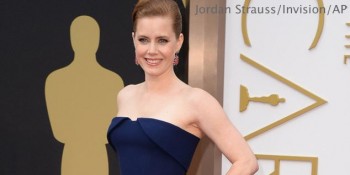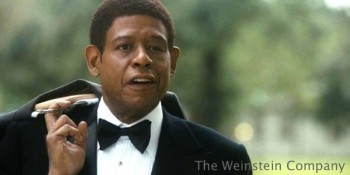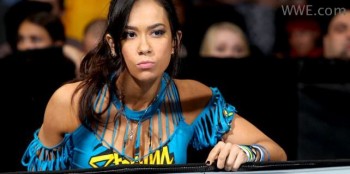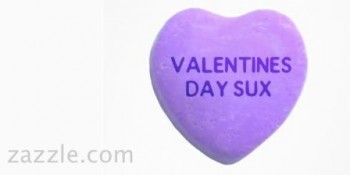I have spent my first few columns talking about unconventional ways of being a feminist: I’ve argued that a feminist doesn’t have to be a man-hater. I advocated for equal treatment of the sexes in professional wrestling. I defended the practice of critiquing Oscars fashion. But sometimes, reality slaps us in the face with some good, old-fashioned sexism, forcing feminists back to basics.
During discussions with friends and coworkers about feminism, I often run into the sentiment that feminism isn’t really needed anymore. Women are a protected class in employment, and basic rights, like voting, are guaranteed. We are free to pursue a career or to stay at home as we see fit. Even barriers in the most male-dominated walks of life, including the military, are falling.
All of this is true and good, but each of these protections is merely a legal designation. The law does not dictate attitudes or the day-to-day treatment of women. Discrimination based on sex still exists today. For most women, overt discrimination is not a daily problem. Sometimes, I go months without facing it. But when it does happen, it stings like a slap in the face.
One of the many hats I wear is as an employee in the retail shop at a sports recreation venue. In addition to selling merchandise, the store also functions as our pro shop, so I have been trained to assess equipment to determine what repair or service they may need. I have received the same training as my male colleagues, and science has yet to find compelling evidence to suggest that my physiology has any effect on my ability to examine sports equipment. Nonetheless, over the past weekend, I endured two different instances in which I was put down simply for being a woman.
Several days ago, a man who I estimate was in his late 60s or early 70s came into the shop to have his equipment serviced. He stated that he wasn’t sure what kind of service they required. I looked them over and recommended a specific type of tuning. He looked at me and said, “I would appreciate if you would go get one of the guys from the back to look at them.” I smiled, gritted my teeth, and ventured into the back of the shop looking for the male technician on duty. He looked over the equipment and recommended the exact same service I did.
To say I was furious would have been an understatement. To make matters worse, I was simply told that the industry was a “boys’ club” and I’d just have to get used to it. I’m sorry, but no, I don’t have to get used to it. There is no reason why I, or anyone, should be a victim of discrimination because someone else is trapped by ignorant thinking.
Not 24 hours later, I was on duty again. Another man, this one seeming to be in his early 50s, was having trouble with his footwear. I was working on them with some tools I had been trained to use, and he stated that, as a machinist by trade, he was uncomfortable with a female using tools on his equipment.
At this point, I was literally speechless. I had no words to either defend myself or chastise him. I finished what I was doing, and he insisted that something still wasn’t quite right. I summoned the male technician again; he took the footwear apart and put it back together. Magically, the customer found the problem had been solved. After the man left, I asked the technician if he had done anything different then I had. He informed me he had not.
The message here was loud and clear: you are a female; therefore, you are incapable of this.
No laws were violated in these cases, but that does not mean I was not discriminated against. I was belittled and dismissed for no reason other than being female. This is why we still need individuals, both female and male, to stand up and say, “Yes, I am a feminist, and actions like this are offensive.”
The topic of gender roles is a deep, deep well. We can debate the value of the yin and the yang in two-parent households on another day. But we should all be able to concede some simple points about the absurdity of some “traditional” perspectives about what men and women cannot do.
Maybe I don’t have the same physical strength to drive a sledgehammer as my husband or my father does. But the fine motor skills, like tuning and tapping, that I employ in my job? We know that a woman’s ability to operate basic hand tools like a screwdriver or a hammer has little to do with our double-X chromosomes. More to the point, there are men in this world who wouldn’t even know which end of the hammer to hold, so to assume that men are automatically better at mechanical things is just plain silly.
There are certain skills that both men and women would find useful to make it through a lifetime: knowing how to swing a hammer is one, doing a load of laundry properly is another. Neither of these skills should be exclusive to sex, and yet somehow, even in 2014, they are inextricably linked by some.
I came home after these two instances and relayed the stories to my husband. Being the modern urban gentleman that he is, he was appalled that people not only still thought this way, but that they weren’t even embarrassed to display such discrimination in public. Unfortunately, even the most dedicated male feminists will never face this issue in the way a female will. The burden falls on women to fight this backward and offensive way of thinking. And that’s why old-school, girl-power feminism is still relevant today.









